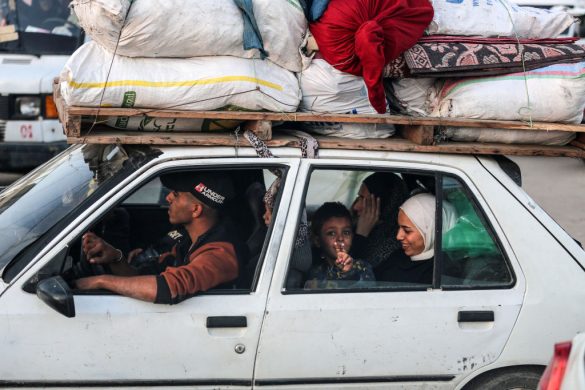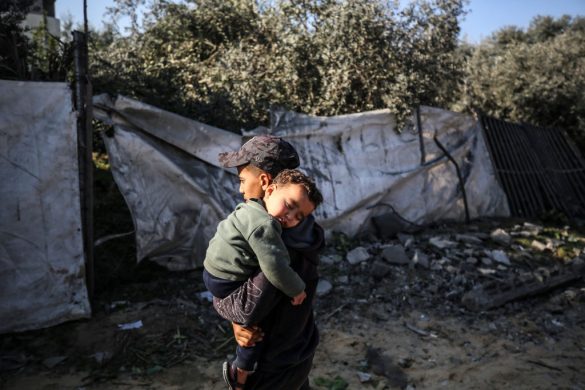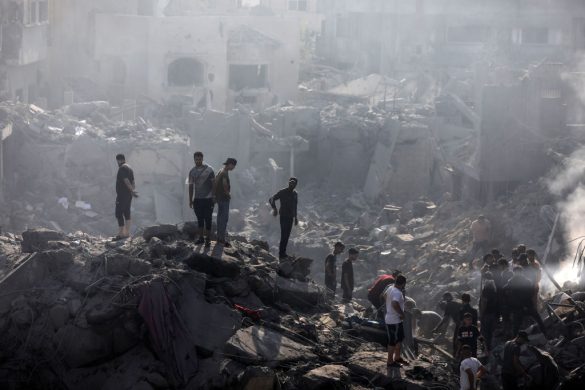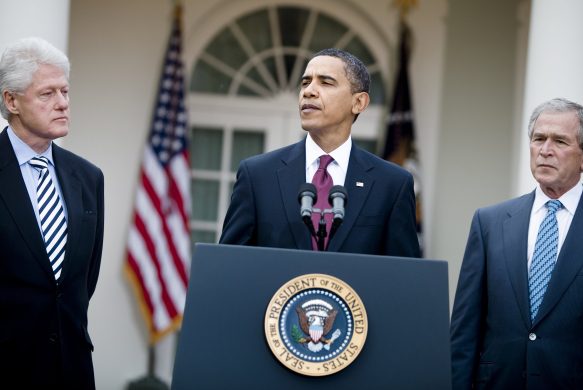Det var her det Arabiske forår begyndte og hvorfra det spredte sig mod øst. I slutningen af januar vedtog et overvældende flertal i Tunesiens folkevalgte grundlovsgivende forsamling en helt ny grundlov, der lægger fundamentet for et demokrati.
NEW YORK, 27. january 2014 (UNDP): On 27 January 2014 Tunisia’s National Constituent Assembly (NCA) adopted a new democratic constitution for the country by an overwhelming majority, following a peaceful and inclusive process, supported by UNDP, which saw engagement and dialogue from a wide political spectrum across the country.
Politisk motiverede drab
Despite setbacks threatening to derail the drafting process, including political assassinations and economic recession, the commitment of the Tunisian political actors to consensus resulted in the adoption of the milestone document, which is a significant step forward in Tunisia’s tumultuous move from autocracy to open democracy.
“This is truly an historic moment for Tunisia and its citizens,” said UNDP Administrator Helen Clark. “This constitution opens a new chapter in the country’s democratic transition.”
Following the revolution of December 2010 to January 2011, Tunisia, widely called the ‘cradle of the Arab Spring’, embarked on its journey towards constitutional democracy. In October 2011 the newly elected National Constituent Assembly (NCA) began drafting a new Constitution.
Første frie valg
Since those historic elections, which marked the first free poll in the country since its independence in 1956, UNDP has been Tunisia’s main international partner throughout its transition, supporting the constitutional process as well as capacity development for the new Assembly.
Through its Constitutional Support Project (2012-2015), UNDP has worked with the NCA in three areas: supporting the Assembly in its leadership of an open and participatory constitutional process; developing dialogue mechanisms to ensure citizen and civil society input into both the new constitution and social and economic policy making more generally; and strengthening the Assembly’s institutional capacities.
Designed in response to the fluid national political context, the Project is supported by US$18 million funding from Japan, Belgium, the European Union, Sweden, Denmark, Norway and Switzerland, as well as UNDP’s Bureau for Crisis Prevention and Recovery.
30.000 tunesere hørt
Under the Project’s initiatives, over 6,000 citizens, 300 civil society organizations and 320 university representatives provided input to a nationwide dialogue with the NCA. In addition, more than 30,000 citizens were consulted on the draft Constitution through initiatives supported by UNDP.
In collaboration with other UN Agencies, UNDP also developed recommendations on how to ensure the Constitution conformed to Tunisia’s international human rights commitments.
Despite the drafting process taking longer than initially anticipated, the Tunisian people and their representatives remained committed throughout, ensuring that the sacrifices of the revolution were rewarded through the new Constitution, a social compact that reflects the Tunisian people’s call for democratic rights and respect for human dignity.















